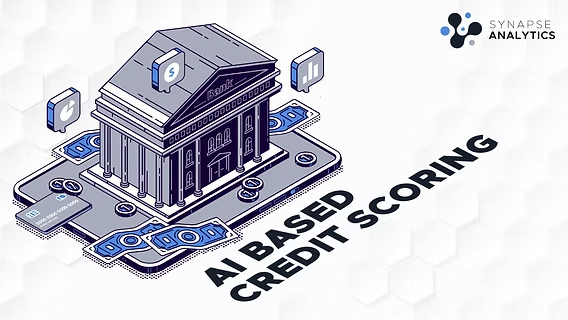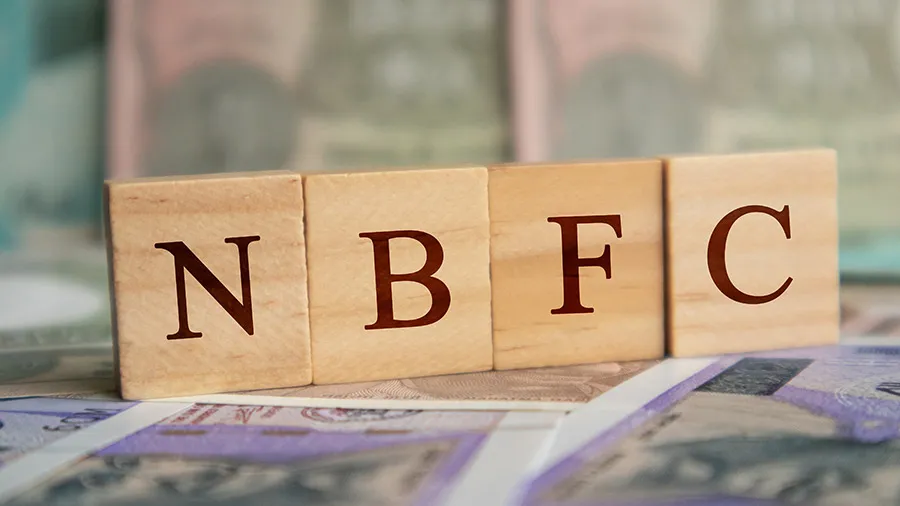Global Expansion Strategies for FinTechs in Emerging Markets: A Playbook for Leaders
2nd August 2025
 QR Codes and the Cashless Leap: Transforming India's Financial DNA
QR Codes and the Cashless Leap: Transforming India's Financial DNA
 Flipkart Gets a Lending Licence: A Bold Leap into Embedded Finance
Flipkart Gets a Lending Licence: A Bold Leap into Embedded Finance
 Biometric Payments: The Next Big Trend in Secure Transactions
Biometric Payments: The Next Big Trend in Secure Transactions
 The Impact of 5G on Fintech Services
The Impact of 5G on Fintech Services
 The Rise of Contactless Payments: Benefits and Security Concerns
The Rise of Contactless Payments: Benefits and Security Concerns
 Top Fintech Innovations Shaping 2025: The Future of Finance
Top Fintech Innovations Shaping 2025: The Future of Finance
 The Evolution of Fintech Regulation: What’s Next?
The Evolution of Fintech Regulation: What’s Next?
 The Role of Cryptocurrencies in Cross-Border Payments
The Role of Cryptocurrencies in Cross-Border Payments
 What the Future Holds for Digital-Only Banks: Navigating the Next Era of Banking
What the Future Holds for Digital-Only Banks: Navigating the Next Era of Banking
.jpg) The Future of Payments: Trends Reshaping Transactions in 2025
The Future of Payments: Trends Reshaping Transactions in 2025
 How Open Banking is Shaping Financial Services Globally
How Open Banking is Shaping Financial Services Globally
 How AI is Transforming the Credit Scoring System
How AI is Transforming the Credit Scoring System


27 May 2025
2 min read
192
India's government-owned nonbank financial institutions (NBFIs) are set to experience significant growth, bolstered by strong policy backing and their pivotal role in national development. According to a recent S&P Global Ratings report, these institutions are expected to expand their market share over the next two years, driven by their alignment with the country's strategic economic objectives.
"Financial services is one of the four strategic sectors in India. As such, Government-Related Entities (GREs) in the sector are more likely to benefit from government support," stated Deepali Seth-Chhabria, credit analyst at S&P Global Ratings. She emphasized that government linkages provide these entities with financial flexibility, access to cheaper funding, and mechanisms for asset quality support.
The report highlights that loan growth for financial GREs is projected to remain around 15% annually over the next two years. This growth is fueled by mandates to develop strategic sectors, including infrastructure and renewable energy. Entities like the National Bank for Financing Infrastructure and Development (NaBFID) and the Indian Renewable Energy Development Agency Ltd are expected to scale up their operations significantly from a low base.
While asset quality varies across institutions, sovereign exposure and government guarantees help mitigate associated risks. Credit costs have improved and are currently better than peers; however, they are anticipated to rise as loans mature and recoveries potentially decline.
Earnings for development financial institutions focusing on sectors such as small industries (SIDBI), agriculture (NABARD), and housing (NHB) remain moderate. Despite benefiting from lower funding costs, these entities often operate with constrained margins due to their policy-driven roles and lending caps.
In summary, India's government-owned NBFIs are on a trajectory of robust growth, underpinned by strategic policy support and their integral role in advancing the nation's economic development goals.
Reference: ET BFSI
Read Next
 News
News
 News
News
 Blog
Blog
 News
News
 News
News
 News
News
Live Polls
Live Discussion
Topic Suggestion
Whom Do You Wish To Hear
Sector Updates
Leave your opinion / comment here